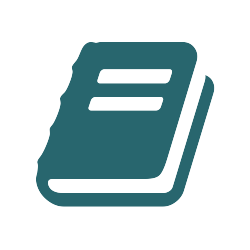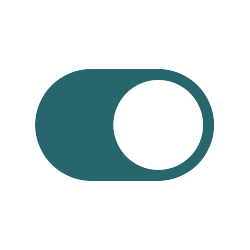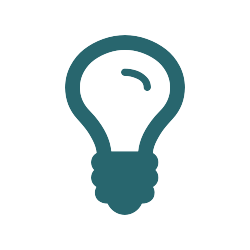Benefits
Hosted
Our content platforms ensure that preserved materials are available when licensed users need them most. Scholars Portal’s user-friendly content platforms enable an efficient access experience.
Secure
Scholars Portal staff conduct regular audits and checks for vulnerabilities and abnormal use that are key to ensuring the long-term viability and security of hosted content.

Canadian
Participants recognize that using Scholars Portal as a unique Canadian site for preserving their content means that they are contributing to a diversified archive of their digital assets.
Certified
Reliable digital preservation is hard to do alone. Content providers and members who work with Scholars Portal recognize the advantage of having a partner with staff expertise in digital preservation and Trustworthy Digital Repository certification.



